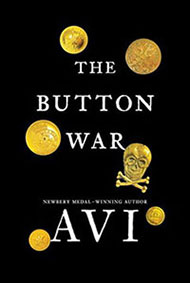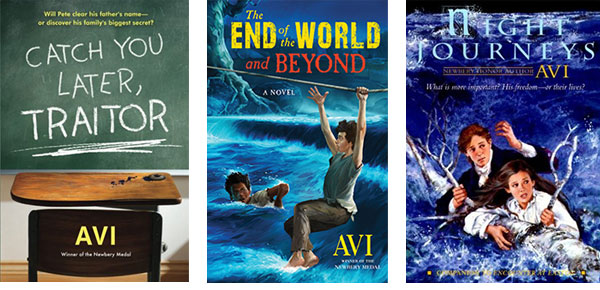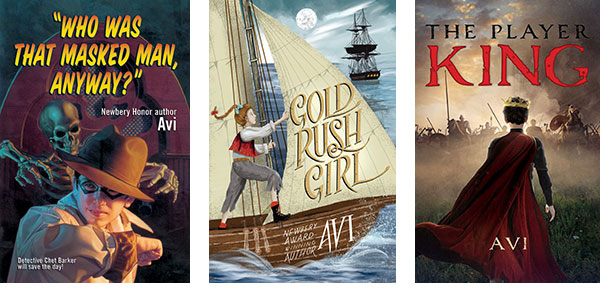 When, a couple of years ago, my book, The Button War was published, a number of readers were puzzled about the context, that it takes place during World War One.
When, a couple of years ago, my book, The Button War was published, a number of readers were puzzled about the context, that it takes place during World War One.
My sense of things is that all nations have selective memories about their history. And the history that is remembered is often told to emphasis certain ideals, myths, and aspirations. The “bad stuff” is forgotten, denied, even hidden. That knowledge of “The war to end all wars,” as the conflict was called, has faded, does not really surprise me. Even as my wife and I went to the film 1917, she turned to me and said, “Can you explain to me what the war was about and how it happened?”
I did my best. It is a complex story.
That said, the successful film, 1917, seems to have brought a remembrance of World War One back into public consciousness.
As a writer of historical fiction, I’m often asked “How did you ever find out about that?” (Whatever the that is.)
The answer is, I am aware of history and read it.

Catch You Later, Traitor deals with the “red scare” of the 1950’s. As a kid I lived through that.
The End of the World and Beyond treats of the way 18th Century England dealt with felons: Sending many thousands of them to North American for forced labor. Thomas Jefferson, for one, said it never happened. I first learned of this by reading Dickens’ Great Expectations, all be it’s setting in 19th century England.
Night Journeys tells a story about a colonial boy who comes across a couple of those felons, who have escaped. I was interested in American Quakers and how they dealt with oppressive government.

“Who Was That Masked Man Anyway?” is a tale about kids who are obsessed with the adventure radio shows of the 1940’s. I was one of those.
The about to be published Gold Rush Girl is set in booming San Francisco right after California gold was discovered. I saw a picture of the hundreds of abandoned ships that brought gold-seekers to the West Coast. I wondered about those ships, found out why they were left to rot, and went on to write a novel about them.
The Player King treats of a 15th century boy—no one knows where he came from—who was crowned king of England (in Ireland!) and was king for a few months. He was given an army to bring down the Tudors. Didn’t work.
I am not an historian. But I am a great believer that to understand the present (and the future) you need to know about the past. One of the best compliments for my work I ever had came about when a parent told me about her daughter. The girl had read Crispin: The Cross of Lead. She brought the book to her mother, held it up, and said, “Ma, did people really think this way?”
They did. We just forget.
I hope my books let people remember.
2 thoughts on “Remembering History”
Avi, I’m reading the Button War right now, and I’m inhaling it! I can easily the characters coming alive and leaping off the pages to form a vivid image as I read. I can’t wait to get back to it. Great article on making historical fiction come alive to readers.
Sharon O. Blumberg
Thank you for this blog! It is very appropriate for the current global situation, and how it will be viewed in the future, don’t you think?